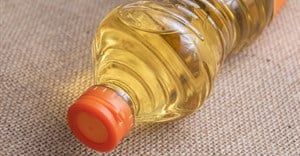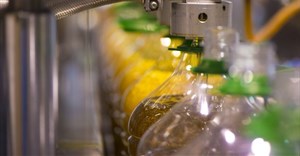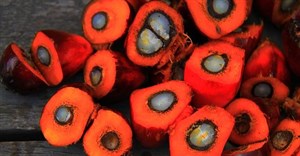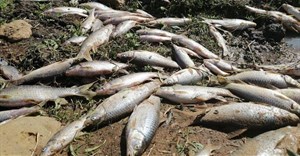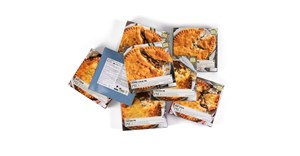Subscribe & Follow
Trending

 Woolworths sees over 20% drop in annual earningsAby Jose Koilparambil
Woolworths sees over 20% drop in annual earningsAby Jose Koilparambil



Sunflower seed, what's cooking?

KwaZulu Natal-based family business Willowton Oil announced last week that a shipment of 22600t of seed was arriving in SA from Romania. It was part of a consignment of five shipments totalling 110000t that the company has ordered from a Swiss commodity trading house.
Willowton financial director Zubeir Moosa said the seed had been procured for 10% less than it could be bought in SA. The company would not disclose what it paid. The current price of sunflower seed on the SA Futures Exchange is R2950/t.
Moosa blamed high SA prices on “speculators” driving up the price.
He said the company, which produces the Sunshine D and D'Lite brands, among others, had an SA market share of about 25%. It produces about 10ml of cooking oil a month.
Sales director Shoaib Moosa admitted it was “extremely abnormal for a seed processor to import seed” while there is a surplus. “In a year in which there is surplus seed, as in 2009, seed should trade closer to export parity,” he said.
SA had a surplus of 230000t at the end of last year and expects a 270000t surplus this year.
He said the quality of the Romanian seed is also “far better” than SA's, with higher oil content.
But Nico Hawkins, senior economist of grain producers' body Grain SA, says that barring a “special deal”, he strongly doubts that sunflower seed could be shipped from the Black Sea for less than it was sold in SA.
“I would not want to tell people how to run their business, but I do not buy the explanation that speculators are pushing up the price. They can't do that if there is no demand,” Hawkins says. He says the seed arriving in SA now might have been ordered months ago when international prices were much higher.
Moosa said the price paid was a “landed price in SA rand”. He confirmed that the company could stipulate the delivery date, after a minimum five weeks.
He denied that the company was trying to “talk down” the market.
“We encourage local production and at all times would prefer procuring seed from local suppliers because we are thus not faced with exchange rate fluctuations. We feel that in a year in which there is a surplus we should be buying local instead of importing.”
Source: Financial Mail
Published courtesy of




